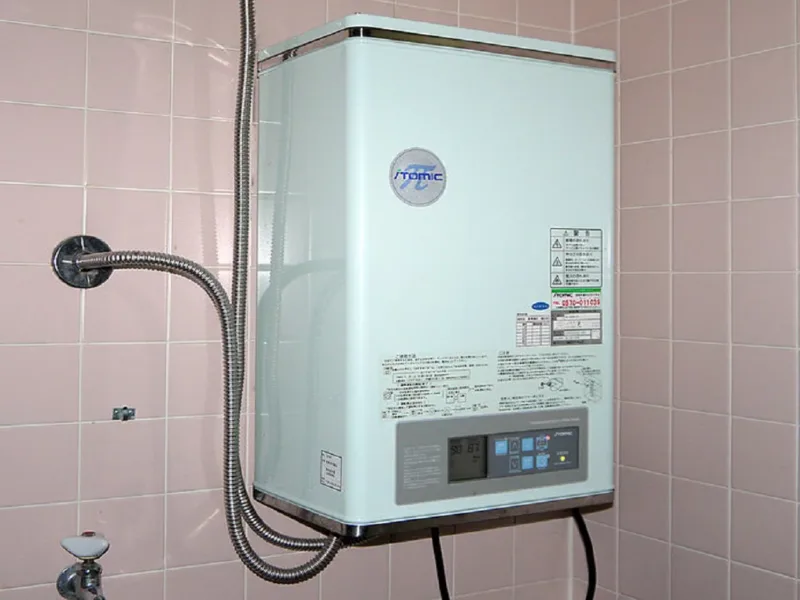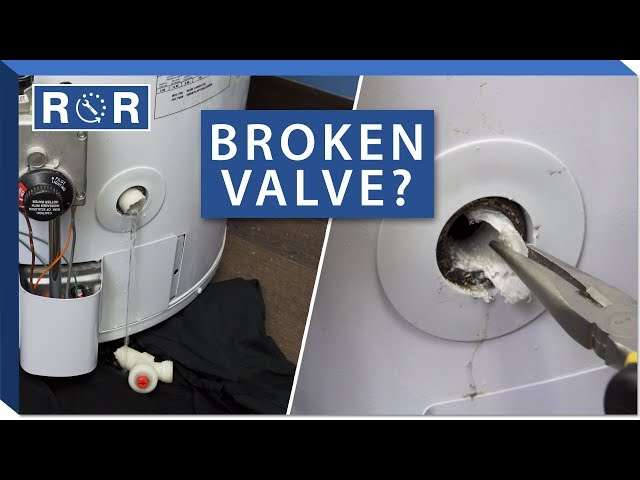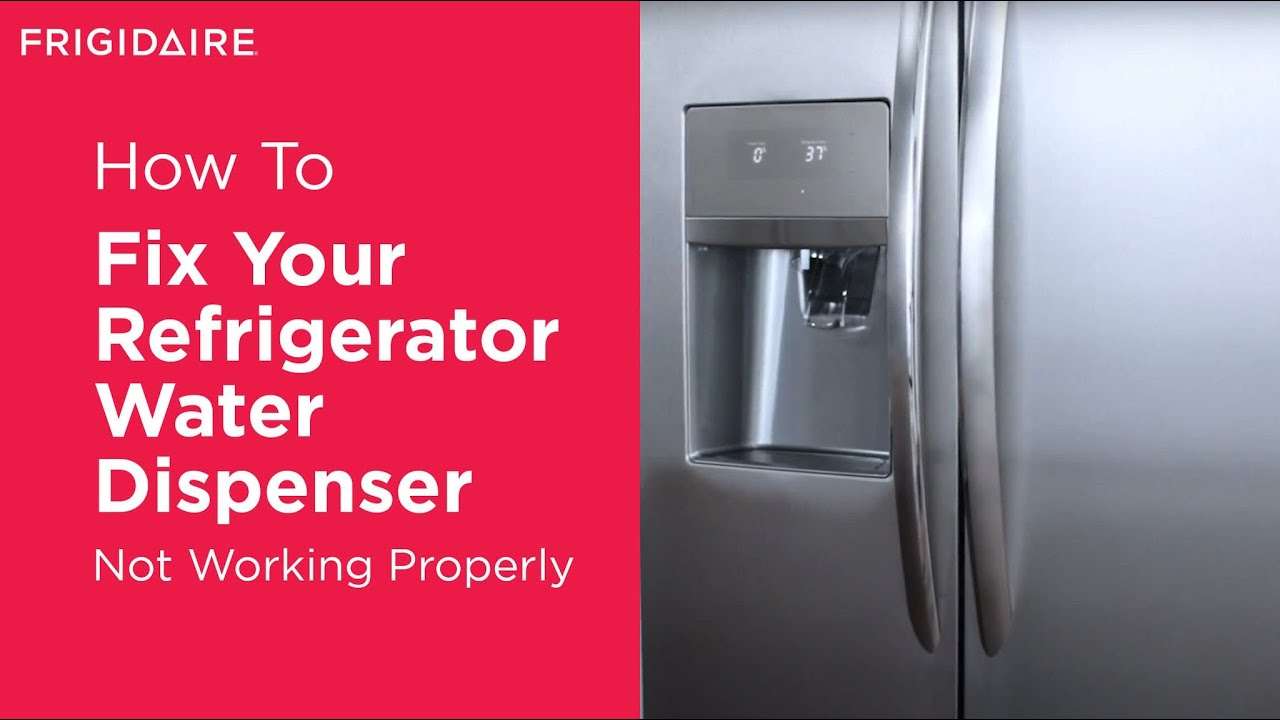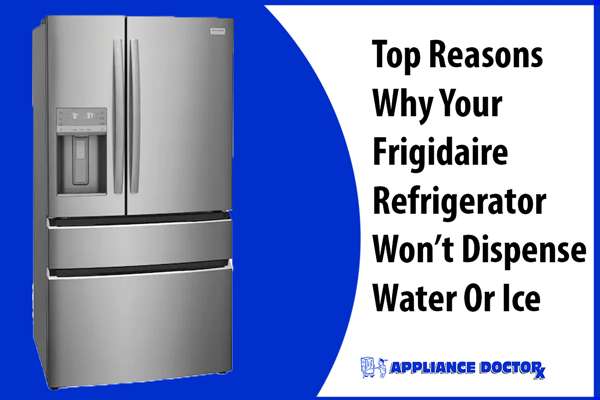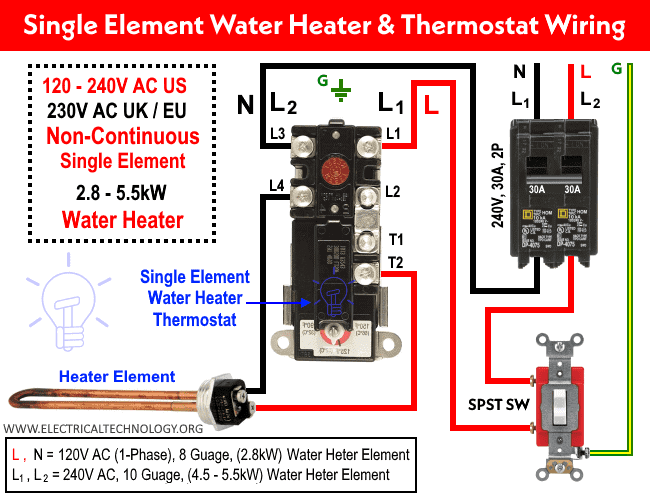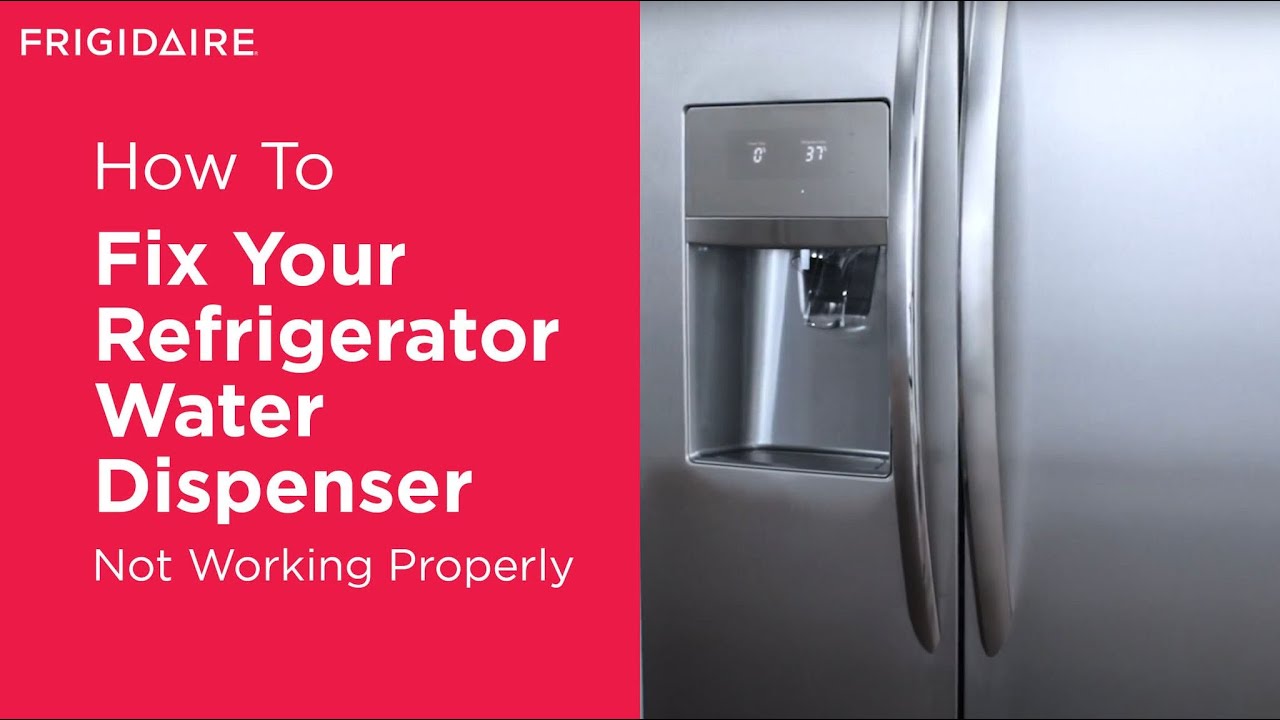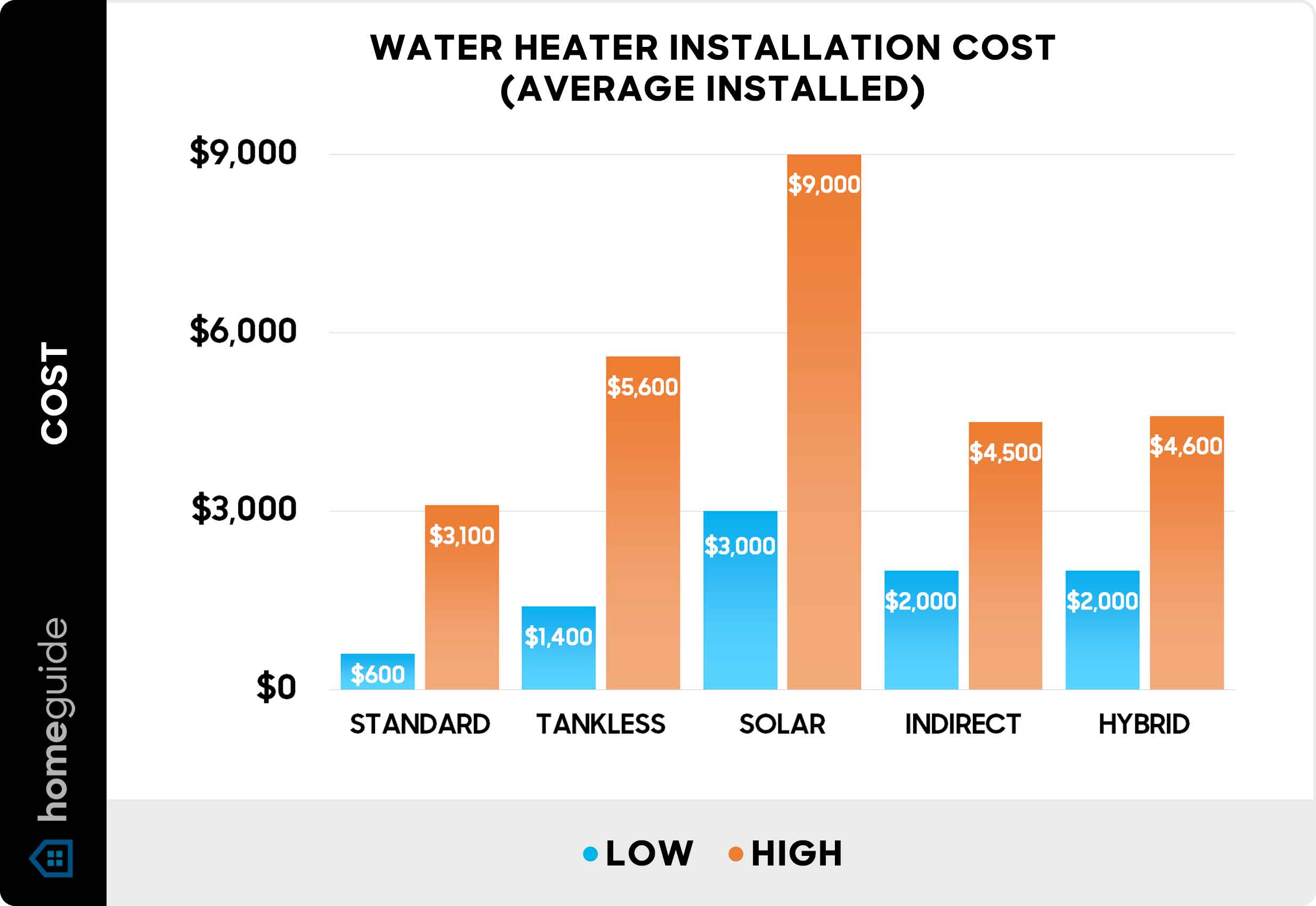Discovering that your electric hot water heater is not working after a power outage can be incredibly frustrating; This common issue can stem from a variety of causes, ranging from simple tripped breakers to more complex electrical problems within the unit itself. Understanding the potential reasons behind this malfunction and knowing how to troubleshoot them is crucial for restoring hot water to your home. Let’s delve into the possible causes and practical solutions when your electric hot water heater refuses to cooperate after the power returns, preventing you from enjoying a nice, hot shower.
Possible Causes and Troubleshooting Steps
When your electric hot water heater decides to take a break after a power outage, it’s time to put on your detective hat. Here’s a breakdown of potential culprits and what you can do about them:
- Tripped Breaker: This is often the simplest and most common cause. Power surges during outages can easily trip the breaker protecting your hot water heater.
- Solution: Locate your electrical panel. Look for the breaker labeled “Hot Water Heater” (or similar). If it’s in the “off” or “tripped” position (usually a middle position), flip it fully to the “off” position, then firmly back to the “on” position.
- Reset Button: Many electric hot water heaters have a high-temperature limit switch (reset button) that may trip during a power surge or overheat.
- Solution: Locate the reset button. It’s typically a small, red button, often found behind an access panel on the hot water heater. Press the button firmly. You should hear a click;
- Damaged Heating Element: Power surges can fry the heating elements inside the tank.
- Solution: This requires testing with a multimeter. If the element is faulty, it will need to be replaced. This is often best left to a qualified electrician.
- Faulty Thermostat: The thermostat controls the heating element. If it’s malfunctioning, it won’t signal the element to heat the water.
- Solution: Similar to the heating element, testing with a multimeter is required. Replacement may be necessary.
- Sediment Buildup: Excessive sediment buildup can insulate the heating element, causing it to overheat and potentially trip the high-limit switch.
- Solution: Flush the hot water heater to remove sediment. This involves turning off the power and water supply, connecting a hose to the drain valve, and draining the tank.
When to Call a Professional
While some of these troubleshooting steps are straightforward, others require electrical knowledge and experience. If you’re uncomfortable working with electricity, or if you’ve tried the simple solutions and your hot water heater is still not working, it’s time to call a qualified electrician or plumber. They can safely diagnose and repair more complex problems, such as damaged wiring or a faulty thermostat.
Safety First!
Important safety note: Always turn off the power to the hot water heater at the breaker before attempting any repairs or troubleshooting. Water and electricity are a dangerous combination!
Preventing Future Issues
Taking preventative measures can help minimize the risk of your electric hot water heater malfunctioning after a power outage.
- Surge Protector: Consider installing a whole-house surge protector to protect all of your appliances from power surges.
- Regular Maintenance: Flush your hot water heater annually to remove sediment buildup.
- Professional Inspection: Have a qualified technician inspect your hot water heater every few years to identify potential problems before they become major issues.
Finally, remember that understanding the potential causes and taking appropriate actions can help you resolve the issue and ensure that you have hot water flowing again. The ultimate goal is to get your **electric hot water heater not working after power outage** issue resolved, so you can go back to your routine. In conclusion, having an **electric hot water heater not working after power outage** is a common problem, but with careful troubleshooting and preventative measures, you can minimize the risk and ensure a reliable supply of hot water in your home.
